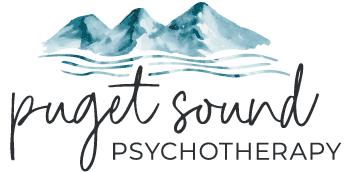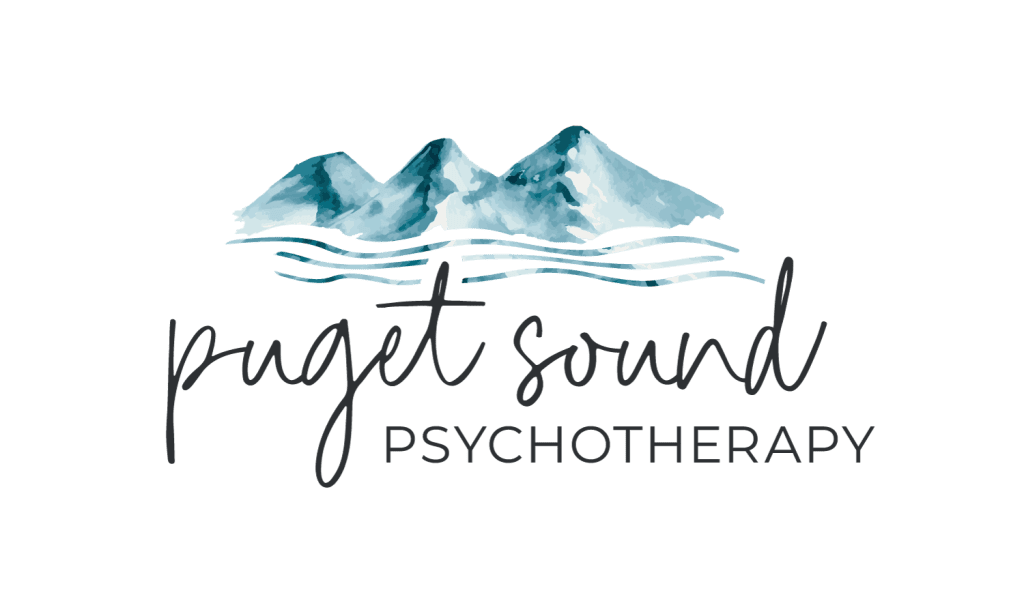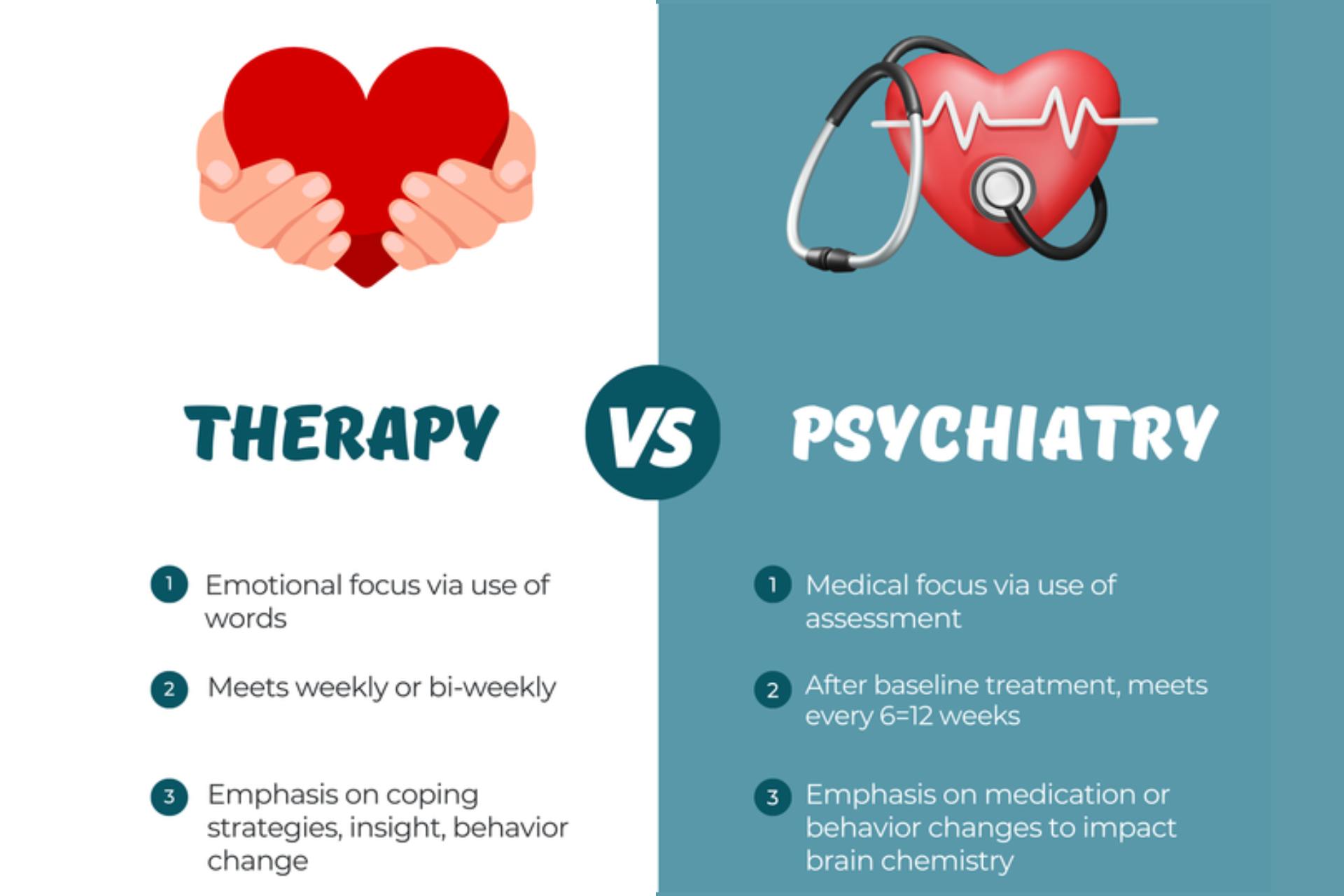AI. ChatGPT. Gemini. It’s in your inbox, it is everywhere.
Yes, you can’t get away from people talking about AI, but you’re also using it to plan your vacation, write a proposal at work, and even help you write a poem for your loved one on Valentine’s Day. And if you’re like most of my clients and friends, you also use it to ask your most vulnerable questions. And I completely understand why.
There is no risk of judgment in sharing something you regret, no waiting to reach someone when they are finally free, and no bias about what you “should” do if faced with a difficult decision. You don’t have to get it right the first time you ask a question – no one knows the endless iterations you might pose over and over, and you don’t have to “bother” anyone with your complaining or have your judgments seen. And perhaps best of all, you have your privacy* — but that also means a degree of distance from those very same people you also long to visit, whose input you highly value, whose forgiveness you need. Your hopes, dreams, fears, and vulnerabilities are all yours and only yours until you feel ready to bring them to life out into the “real” world, but that world is just a little bit further away.
Can you feel the tension there, pulling you between the quiet comforts of anonymity and control and between the exquisite delight, intimacy, and freedom of being known?
Most of us, with or without AI, struggle between those competing needs. So, rather than see AI as a retreat away from the complexities of human interaction and AI emotional explorations as ones of isolated false intimacy, I want to offer my take on AI as a potential bridge out of isolation, across the fears, into the risky but irreplaceable world of the other.
I’ve heard (and participated in) many conversations about the negative implications of AI on human relationships, and the list is long, and growing faster than we can even register. I am in daily discussions with others about those concerns and look forward to sharing those in a multi-part AI series.
But for a moment, as a thought exercise, I want to also explore the potential opportunities resulting from people using AI to explore their innermost vulnerabilities. I believe that in order to bring what is already happening into the public discourse, we have to explicitly and respectfully invite people into these conversations, because sharing how AI helped you find a great driving route to see six different national parks during a cross-country move is very different from sharing that you used AI to explore potential outcomes if you decide to divorce. The same risks and conveniences that lead to processing with AI instead of processing with a person are likely also why I’m not hearing about as many of those meta-processing conversations (which are only a small vulnerability step back from sharing those thoughts directly).
The small space of awareness where one can pause and reflect before acting — much more poetically described by Victor Frankl — is what we are constantly working towards and within during a psychotherapy session. Because of the powerful potential of that space, I think we should be open to imagining how AI as a technology might support clients in avoiding the trouble of not pausing at all — or, just as painful, the trouble of pausing so long that they get stuck in the paralysis of getting it right and don’t know how to move forward.
For the time we spend with AI to be fruitful and reach the promised land of improved well-being, let alone enhanced relationships, we must be intentional and explicit. First, to create more internal clarity and self-understanding, we need guiding principles on engaging with AI artfully and with emotional integrity. Then, we have to talk very explicitly about how to bring that same clarity, still so vulnerable, out into our relationships with the very people that we feared to face in the first place. AI might be able to help us prepare with confidence, more skill, and awareness, but in the end, we still have to show up and do the hardest work — be in a relationship with another, which means back to all those risks of connection. But it also brings back the potential (feared lost by some) of the most life-changing reward – the potential of being seen, accepted, welcomed, and loved by another.
As a relationship counselor, I’m fascinated by the questions and possibilities this technology brings to how people can relate to themselves and each other. Some of the most obvious ways that AI can play a role in relationship health are parallel to how it is being used in business: creating a roadmap for a successful path through a complex interpersonal interaction, as a behavioral coach to help practice a communication skill, or in guiding the aforementioned internal explorations that look a lot like the internal explorations typically done during therapy.
New articles about using AI as a tool for supporting mental health show up every few days; we are rapidly experimenting with how this technology can make all kinds of interactions easier, from talking to a boss about a raise to talking to a spouse about different sexual desires. I was delighted to hear a friend recently shared that she “knew” her husband had used AI to write a repair letter to her after a recent fight because “it just sounded too good, too emotionally articulate, that I knew it wasn’t him.” Was his use of AI a mistake? “No, the writing felt odd, but it still really worked – I could see his point, and I liked how he also really tried to see my point of view.”
AI can be used to explore theory of mind and help us see other people’s points of view. Research shows that AI makes a pretty darn good therapist in some ways (and yes, can encourage horrific actions as well) but anecdotal and emerging studies also show that people even experience AI as having empathy and understanding (and some studies show that reported to be higher than when compared to a human in a blind test). This is not to say that AI should be used to replace therapists, but that if it has this strong of a pull on us this early, there are serious implications for the power it will have as it evolves. This warrants caution, judiciousness, but most importantly, dialogue. I see the dangers of AI leading some to write it off completely while another huge swath of people are either unaware of it or lost deep within it without consideration of what is unfolding.
Despite my many concerns about AI (that I have not addressed here), I think we must explore the potential for how to use AI skillfully, and consider the potential positive impact it might have to reduce human suffering or support better connection. We need this integration into our lives to be done well and to be done thoughtfully, which means we need our leaders, our elders, our mentors, our teachers, etc., to guide us, so rather than holding AI at a suspicious distance, we must facilitate conversations and create models for a new and richer way forward.
I hope in the coming months to hear more about AI being used as an emotional support tool that brings you into connection with yourself and the world rather than, as widely feared, replacing it. I am invested in holding ongoing, active conversations about how to do this well. I am committed to bringing those ideas to my clients and my community, meaning you, too, dear reader, if you are inclined to join me.
I’ll be offering more specific resources each month to help clients use AI with intention in various relationship-focused ways, from how to prepare for your first few therapy sessions to guides for using AI to work on your relationship when you can’t get to a relationship counselor. We need to integrate this technology shift better than we have with recent others. We’ve lost most of the bookstores, and retail is forever changed – we can’t wait to find out what the Amazon Effect will be on human relationships and connection – we need to get engaged, and we need to get this one right.
 | With our care to you and yours, Evonne Noble and the team at PSP |
(*digital privacy is an entirely different thing)
Between stimulus and response, there is a space. In that space is our power to choose our response. In our response lies our growth and our freedom. ~Viktor E. Frankl



